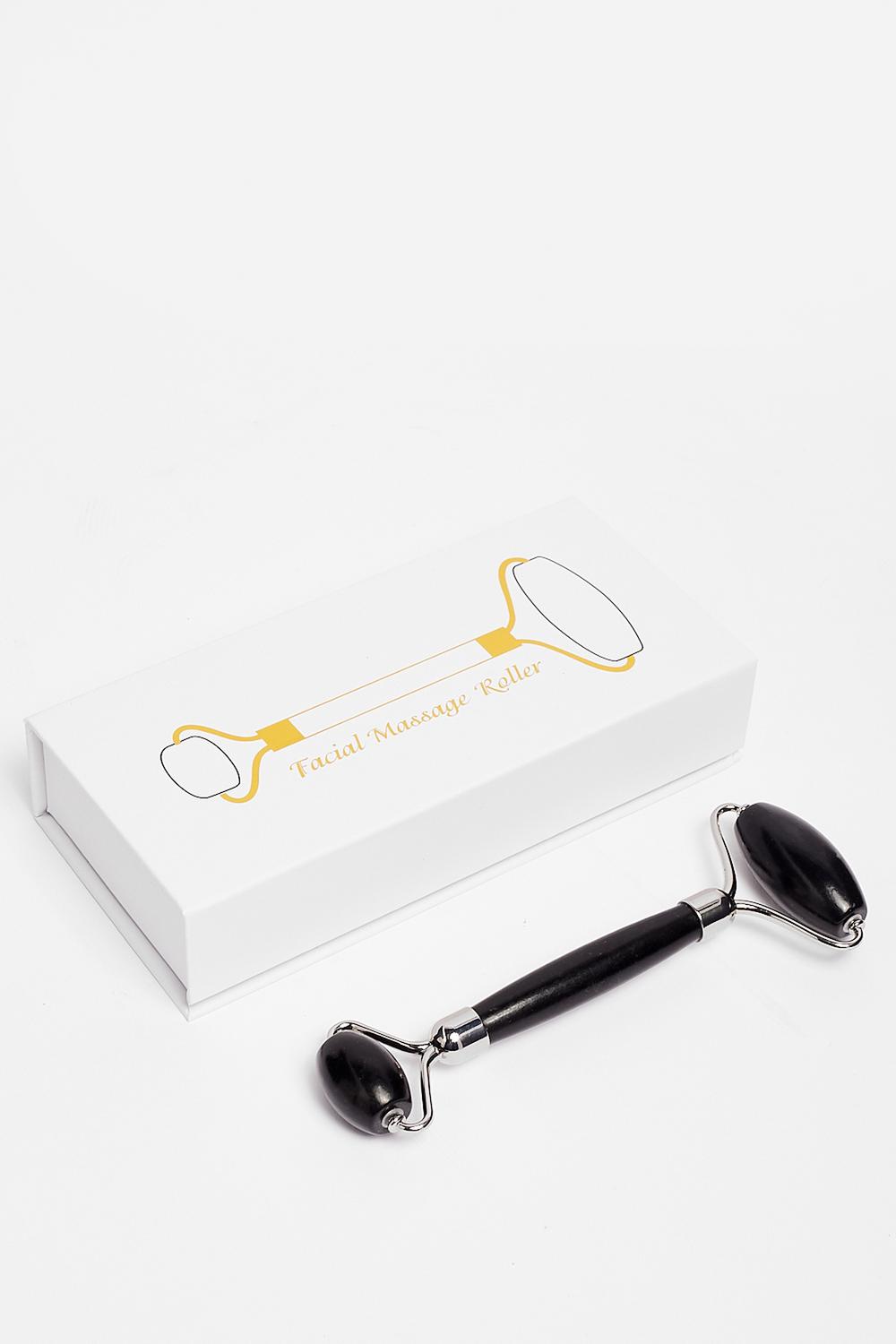Not everyone gives and receives love in the same way. Enter ‘The Five Love Languages’ – a book drawn up in the ’90s by author and talk show host, Dr Chapman. It’s become a huge phenomenon and at under 300 pages, it’s a super easy and interesting read to better understand yourself and your relationships. Knowing your own love language can help improve communication and promote deeper connections and bonds within all of your relationships—whether that be intimate, platonic, or the relationships we have with ourselves.
One of the most important human needs is to feel appreciated, with the book setting out the main five ways in which we feel valued. They fall under the following groupings: words of affirmation, quality time, receiving gifts, acts of service and physical touch. Of course, we appreciate them all to an extent, but we each have our own individual dominant primary and secondary love language that resonates with us the most. Read on, to learn more about the meaning of each love language and how to understand your own.
Words of Affirmation
Words of affirmation is expressing affection through word of mouth, verbal compliments and encouraging words. If this is your favored love language, communication will be key in all of your relationships. Without it, it could make or break your connection.
With your partner this could mean love notes, encouraging words or ‘just because’ compliments. Positive words can help spark arousal and intimacy in those whose primary love language is words. In friendships, it could be thanking your friend for something they always do, praising them on something they have achieved or complimenting them in person. Words of affirmation can also align with how you talk to yourself. Learn to self-praise and talk to yourself nicely. In turn this can eliminate negative thoughts and prevent self-sabotaging.

Quality Time
Quality time involves giving your partner (or yourself) your full, undivided attention in order to feel loved. So that means no distractions and no convos whilst you’re scrolling. Think long walks together, planning a road trip, going for a meal or acting spontaneously. It’s not just about where you go but more importantly being present in that moment through eye contact, undivided attention and even inside jokes. For those whose primary love language is quality time, you’ll want to swerve postponing plans (where possible) and ensure you listen properly when talking.
Acts of Service
Ultimately, for this love language—actions speak louder than words. Acts of service is a practical love language and spontaneity is key with this one. It should be a freely given, unforced demonstration and could be anything from helping out with the cleaning and maintenance around the house, or running an errand you didn’t have time to do that week. It could also be ‘I cooked you a meal whilst you worked late’, ‘I ran you a bath because you’ve had a stressful day’, or ‘I filled up your car because you don’t like doing it’. In an intimate setting, foreplay could be a favored desire for those whose primary love language is acts of service.

Receiving Gifts
If your love language is in the form of receiving gifts, this means you feel your most appreciated when your partner gives you physical gifts. It’s less about the gift itself (or cost of) but more about the thought behind the gift. This could be a surprise coffee and croissant in bed on a Sunday morning, a bunch of ‘just because’ flowers, a bottle of your fave wine to share over dinner, a handmade sentimental gift or a book to read together. Intimate gifts could include: lacy lingerie sets, massage oils, intimate toys, or sexy board games to help set the mood in the bedroom. Shop our valentine’s collection here.
Physical Touch
Unlike the other five senses, touch is not restricted to one area of the body—instead it’s responsive throughout your entire body. Touch is powerful in that it can communicate both love and hate dependent on how it’s received, so one to watch! Those whose primary love language is physical touch express their love and affection through tactility over words. Physical touch through holding hands, hugs or a massage to show care and love. During times apart, a handwritten letter, a physical photograph or wearing a piece of your partner’s clothing can help you feel closer to them.

How do you find out your love language?
In Gary Chapman’s book he asks us to think about how we usually express love in relationships. Out of all of the five love languages, what makes you feel the most loved and what makes you feel underappreciated?
How Understanding Your Partner’s Love Language Can Help Benefit Your Relationship
Learning to give love in a way that’s meaningful to your partner helps strengthen the bond you share together and allows you to learn to communicate in new ways and increase intimacy. So a win-win for everyone.











